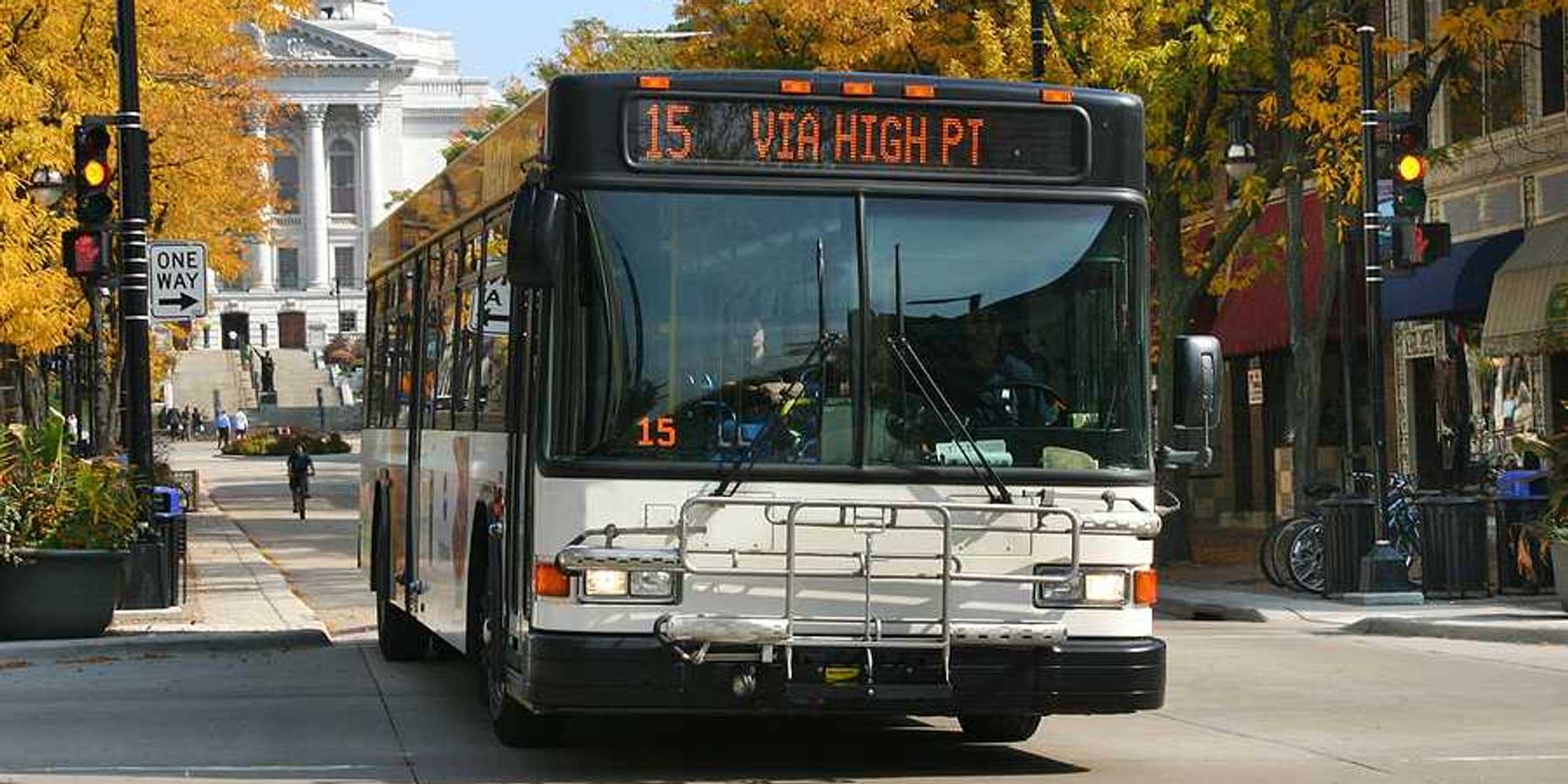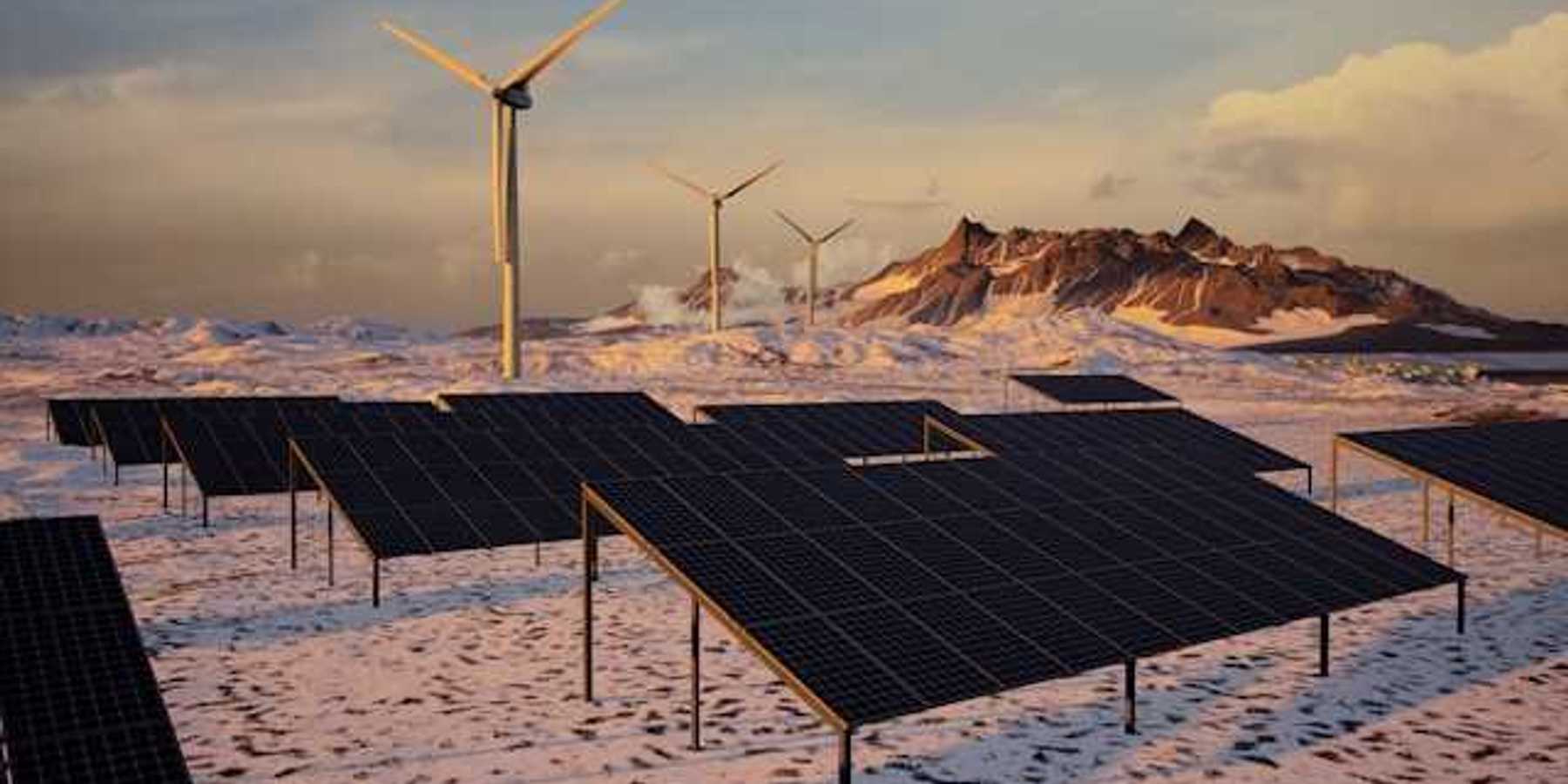Richmond's Black community faces high heat-related illness rates
Black residents in Richmond suffer disproportionately from heat-related illnesses, with many incidents occurring near cooling centers.
Charlie Paullin reports for Virginia Mercury.
In short:
- A GeoHealth report reveals Black people in Richmond experience more heat-related health issues than other groups.
- Historical lack of investment in Black neighborhoods contributes to higher temperatures and fewer cooling options.
- Many heat-related incidents occur within walking distance of cooling centers, highlighting accessibility issues.
Key quote:
"Spending just a few hours at a cooling center can help prevent heat-related illnesses, but a lot of Richmonders might not know these cooling centers exist or they might not have a safe way to get there."
— Peter Braun, a built environment policy analyst with the Richmond and Henrico Health District
Why this matters:
Urban heat islands and climate change worsen health disparities, particularly in underinvested communities. Black residents, who often live in areas with fewer green spaces and more heat-retaining concrete, are particularly vulnerable. Their neighborhoods frequently lack adequate tree cover and are dotted with aging infrastructure that exacerbates the urban heat island effect. This environmental injustice leads to higher temperatures in these areas, compounding the health risks for the community.













